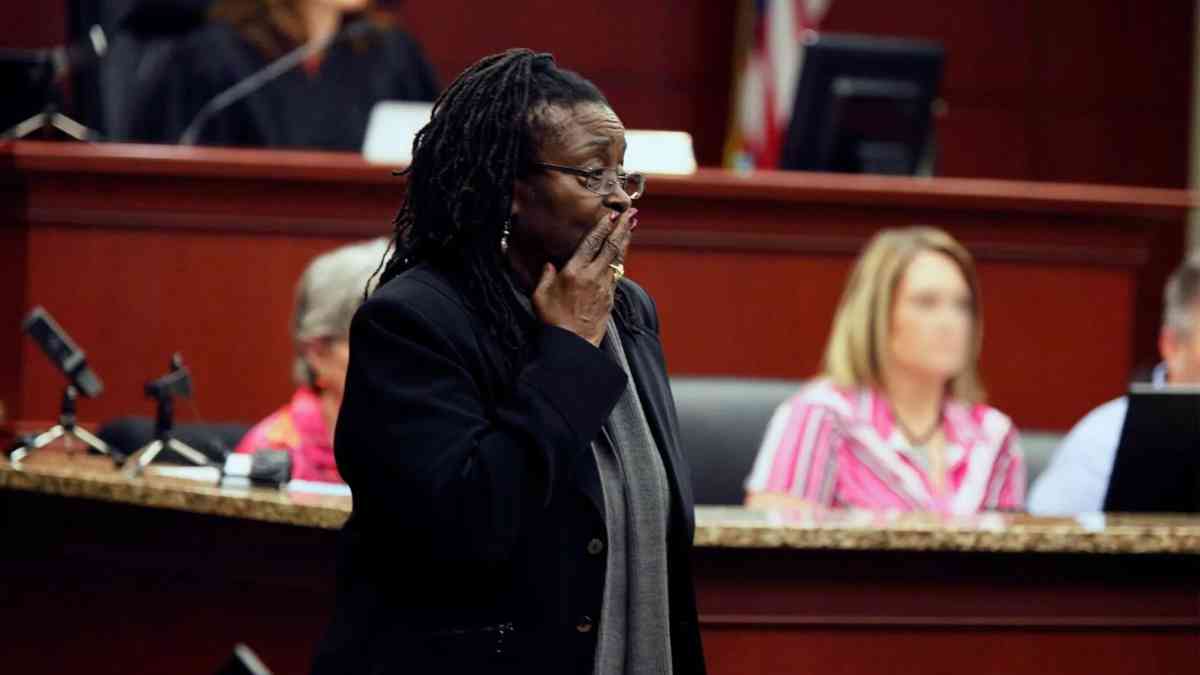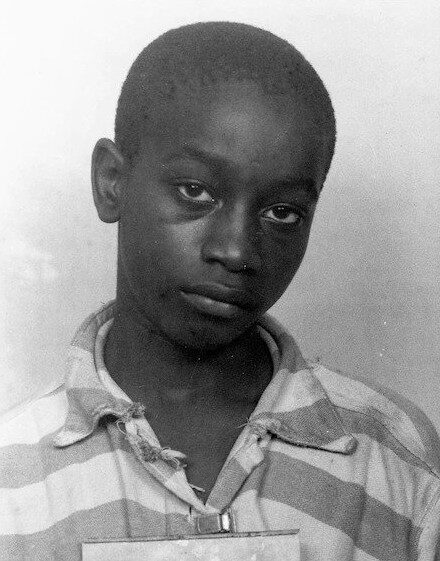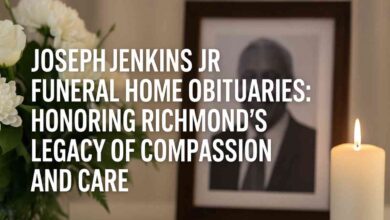Katherine Stinney: The Sister Who Fought to Clear Her Brother’s Name
Unveiling the Legacy of Justice, Family, and the Fight Against Racial Injustice

The name Katherine Stinney may not be familiar to the average person, but her role in one of the most haunting cases of injustice in American history is undeniably significant. She is the sister of George Stinney Jr., the youngest person executed in the United States in the 20th century. At just 14 years old, George was convicted in 1944 of a crime he didn’t commit. Decades later, it was Katherine who stood at the forefront of the movement to clear her brother’s name.
Katherine’s journey is not just about a family tragedy—it is about resilience, truth, and restoring dignity to a young boy whose life was stolen by a racially biased legal system. This article dives deep into who Katherine Stinney is, the history that surrounds her, and why her fight for justice still resonates today.
Childhood Interrupted: Life in Alcolu
Katherine Stinney grew up in the small mill town of Alcolu, South Carolina. Life for African American families in the segregated South was already fraught with injustice, but the Stinney family experienced its harshest form. Katherine was only ten years old when her brother George was arrested for the murder of two young white girls.
The children, George and Katherine, had been outside grazing the family’s cow when the two white girls passed by and asked them about a certain type of flower. That innocent interaction would tragically be the reason George became the prime suspect in their murder.
The Arrest and a Family Torn Apart
Shortly after the girls’ bodies were found, George was taken by police without his parents present and interrogated alone. Within hours, authorities claimed he confessed to the crime—though no written or signed statement was ever produced. Katherine and her family were forced to flee their home due to threats from angry mobs.
Katherine never forgot that day. She and her family knew he was innocent and remembered exactly where he was during the time of the crime—by her side.
A Trial That Lasted Minutes
George Stinney’s trial was a gross miscarriage of justice. It lasted barely a few hours. His court-appointed attorney presented no witnesses, failed to cross-examine key figures, and provided no defense. The all-white jury took just ten minutes to convict the child.
Katherine, too young at the time to intervene, would carry that moment with her for the rest of her life.
A Sister’s Silent Grief Turns into a Lifelong Mission
As Katherine grew older, she became a teacher and later retired in New Jersey. But her life was never untouched by the memory of her brother. With time, her grief transformed into determination. She began advocating publicly for George’s name to be cleared and joined forces with legal teams and activists to reopen the case.
Her testimony during a re-hearing in 2014 became one of the defining moments in her journey. She described in vivid detail how George was with her when the girls had passed by and how devastated the family was after the arrest.
The 2014 Exoneration: Justice Delayed but Not Denied

In December 2014, over 70 years after George Stinney was executed, a South Carolina judge vacated his conviction. The court declared that George had not received a fair trial and cited severe due process violations.
Katherine Stinney was present to witness this historical moment. Her voice, steady yet filled with decades of emotion, resonated with anyone who had followed the case. It was not just a win for her family—it was a victory for justice.
A Legacy Carved in Strength
Katherine’s unwavering belief in her brother’s innocence never wavered. Her fight gave renewed attention to wrongful convictions, especially those involving minors and racial injustice. While many families suffer in silence, Katherine became a voice that challenged a system and demanded change.
Her story teaches us that justice is not always immediate, but it is worth fighting for—regardless of how long it takes.
The Broader Impact of the Stinney Case
George’s exoneration triggered nationwide discussions about racial prejudice in the criminal justice system. Advocates and legal experts often refer to his case when addressing issues like juvenile justice reform, coerced confessions, and fair representation.
But behind the headlines and legal documents was a sister—Katherine Stinney—whose dedication turned a tragedy into a movement.
Why Her Story Still Matters Today
Racial bias, wrongful convictions, and unequal access to justice are not relics of the past. They remain urgent issues. Katherine’s courage reminds us that systemic change is only possible when people dare to confront the truth.
Her story is a blueprint for resilience in the face of personal and communal trauma. It shows how a single voice—backed by truth and love—can bend the arc of history.
Honoring the Life She Protected
Though she was only a child when her brother was taken from her, Katherine Stinney spent much of her adult life trying to right that wrong. Today, she is honored not only as George’s sister but as a key figure in a broader civil rights narrative.
Her dignity, strength, and love for her brother have become symbols of what it means to seek justice with grace and perseverance.
Where Do We Go From Here?
Katherine’s journey teaches us several key lessons:
-
Injustice has a lasting impact, not just on individuals but on families and communities.
-
Legal reform is crucial, especially for minors and marginalized groups.
-
Voices from the past still carry weight, especially when truth and love fuel them.
Her fight also calls us to look deeper into how we handle cases involving children, race, and due process.
Conclusion
Katherine Stinney’s life is a testament to the strength of family, the persistence of truth, and the courage to confront injustice no matter how much time has passed. While her brother, George Stinney Jr., was denied the chance to grow up, dream, or defend himself, it was Katherine’s unwavering voice that ensured his story would not vanish into silence.
Stand for justice—let Katherine Stinney’s story inspire your voice today.



